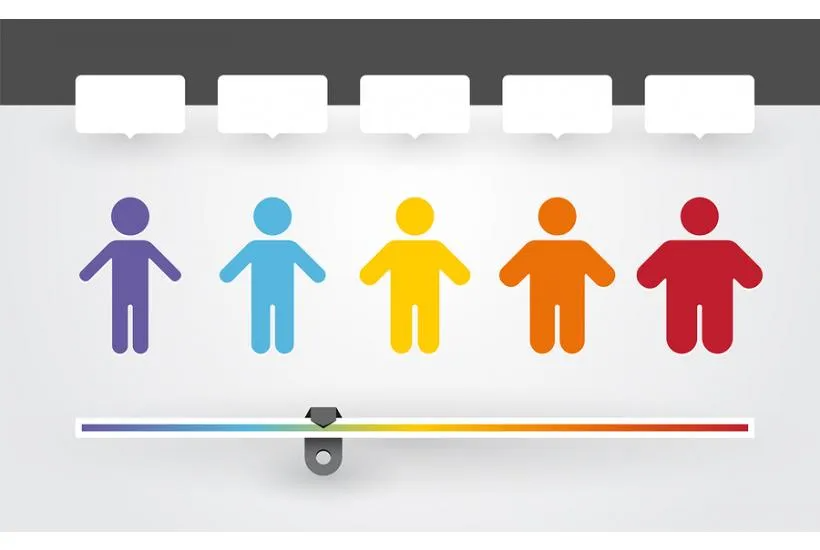How to Find (and Maintain) Your Ideal Weight

If you're trying to lose weight, you probably have a specific number of pounds in mind. But is that number the ideal weight for you?
Not only can finding — and, more importantly, achieving and maintaining — your ideal weight help ward off numerous health problems like high blood pressure, sleep apnea, heart disease, diabetes, or cancer, it can also give you more energy and help you feel better — and better about yourself.
But while finding your ideal weight is, for lack of a better word, ideal for your health, there is no single magic formula. Instead, there are a handful of similar and well-regarded formulas — the Robinson formula, the Miller formula, the Devine formula, etc. — that use your age, gender, and height to determine your ideal weight.
Try it! You can plug in your data here to see the range of healthy target weights that the different formulas recommend for you.
Also, as important as knowing (and, again, achieving and maintaining) your ideal weight is, there is no such thing as TMI (too much information) when it comes to your health. There is a something called BMI, however, which stands for body mass index, and which, when used alongside your ideal weight, can give you a clearer picture of your health.
Try it! Use the basic calculator below to find out your BMI. Or, use the The National Heart, Lung, and Blood Institute's BMI calculator on its website which can help you determine how much fat you're carrying. Remember, these tools are for informational purposes only and not intended as a substitute for advice from your physician or other health care professional.
Note: If you are overweight, and most of your excess weight is around your waist, you have a higher risk for diabetes and heart disease. Consider losing weight if your waist measurement is greater than 35 inches (for women) or greater than 40 inches (for men).
Your Ideal Weight-loss Plan
Knowing your ideal weight and BMI is helpful, but knowing how much weight you need to lose is only half the weight-loss battle. Weight loss is best achieved when viewed as the byproduct of a bigger personal transformation, and you'll stand a much better chance of transforming your body if you transform your behaviors.
If you want to lose weight, you need to eat better, exercise more, and set realistic, gradual weight-loss goals that will help keep you motivated instead of psyching you out before you even start. Millions of people list losing weight among their New Year's resolutions, but you don't have to wait until January to resolve to do so. You can start in February if you want to. Or March. Or whenever. No matter when you start, though, the key is sticking with it.